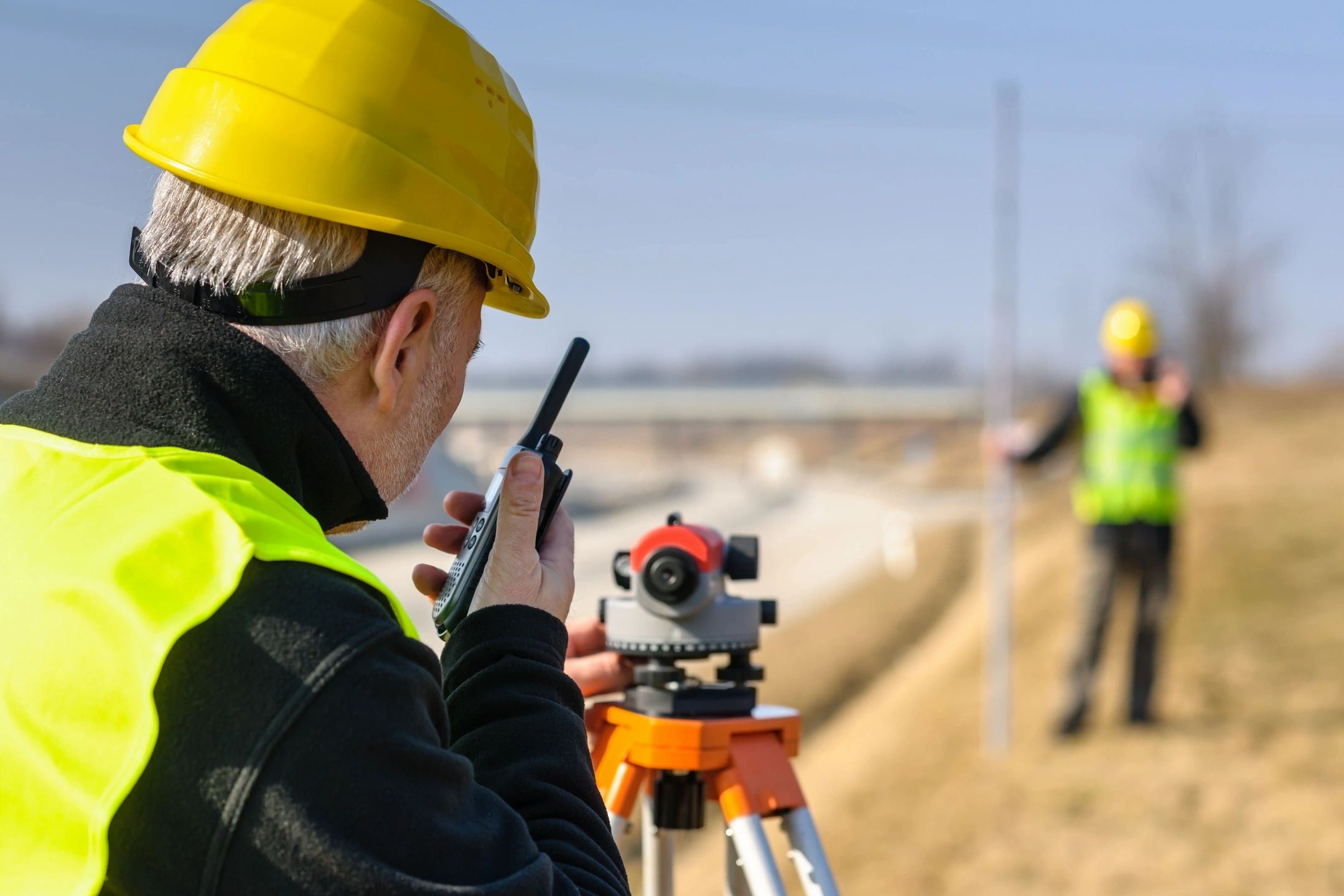In the complex world of project management, one element stands out as essential yet often overlooked: land surveying. Accurate site assessments provide foundational data that supports a wide range of activities, from property enhancement to infrastructure development and property transactions. As projects grow in scale and complexity, the need for exact and dependable surveying becomes increasingly critical to ensuring success and mitigating risks.
Understanding the importance of hiring a qualified surveyor can be the difference between smooth project execution and significant mistakes. From boundary disputes to zoning compliance, the role of surveying is integral at every stage of project development. In this write-up, we will explore the top reasons to hire a professional surveyor, what to expect during a land survey, and the various types of surveys that cater to different project needs. Join us as we uncover how effective surveying services can lead to better project outcomes and safeguard your investments.
Benefits of Hiring Qualified Surveyors
Engaging professional surveyors offers considerable benefits in a construction project, real estate transaction, or land development. One main benefit is their expertise in accurately defining property boundaries and land characteristics. Qualified surveyors utilize advanced tools and technology, including GPS and drone technology, to provide precision in their measurements. This level of exactness is essential for avoiding potential disputes and maintaining compliance with local regulations.
In addition, qualified surveyors help save time and money through their comprehensive understanding of surveying requirements and processes. They can effectively navigate the complexities of land surveys, identify likely issues early on, and provide solutions that prevent costly delays in construction or legal challenges. Their analysis and suggestions based on the survey results can lead to better decision-making, ultimately securing your investment.
Furthermore, engaging a professional surveyor assists to maintain property rights and easements. Their skills ensures that all legal aspects are addressed, including zoning laws, building codes, and local ordinances. This not only mitigates risks associated with property ownership but also improves project success by ensuring that all elements are in compliance with regulations, making the entire process easier for homeowners, developers, and construction professionals.
Types of Survey Types and Their Importance
Surveys are essential tools used in different aspects of land management and development. There are various types of surveys, each having a specific purpose. Boundary surveys help establish the exact lines of a property, which is important for preventing disputes between neighbors. Topographic survey provide detailed information about the terrain, including heights and landforms, which is particularly useful for construction planning. ALTA/NSPS survey are detailed and often necessary for commercial transactions, guaranteeing that all property specifications comply with regulatory standards.
The value of these types of surveys cannot be overstated. Accurate boundary survey prevent costly court cases by clearly defining property lines. Land Survey Chelmsford is vital for both property owners and developers who want to avoid conflicts that could lead to financial loss. Additionally, topographic surveys play a pivotal role in construction projects, allowing engineers and architects to design structures that suit the landscape and abide by local zoning regulations.
In real estate transactions, understanding the specifics provided by these surveys can save buyers from unexpected issues. A comprehensive survey can reveal easements, flood areas, and zoning compliance that might affect property usability. By utilizing professional surveying services, property developers and homeowners can make educated decisions, ensuring their investments are safeguarded and consistent with local requirements.
Influence of Land Surveying on Real Estate and Construction
Accurate surveying plays a essential role in property and construction projects, providing a reliable foundation for making decisions. Detailed land surveys help property owners understand their property lines, ensuring they do not encroach on neighboring properties. This clarity prevents potential disputes and fosters good relationships between adjacent landowners. Furthermore, when builders have clear boundary information, they can enhance the layout of structures, leading to more efficient use of space.
In the realm of building, surveying is indispensable for planning and execution. Professionals make use of various surveying methods to recognize site features, assess landforms, and evaluate land conditions. This information is important for architects and engineers, as it guides the design process and influences structural integrity. Moreover, accurate surveying is vital to comply with zoning regulations, securing permits, and ensuring that the project complies with legal requirements.

The adoption of modern technology, such as GPS and drone surveying, has changed the industry, enhancing precision and efficiency. Property developers progressively rely on these tools to obtain data quickly and effectively. These innovations streamline the surveying process, helping stakeholders make timely decisions and stay within financial constraints. Overall, efficient surveying practices lay the groundwork for successful property ownership and construction endeavors, reducing risks and enhancing value.
